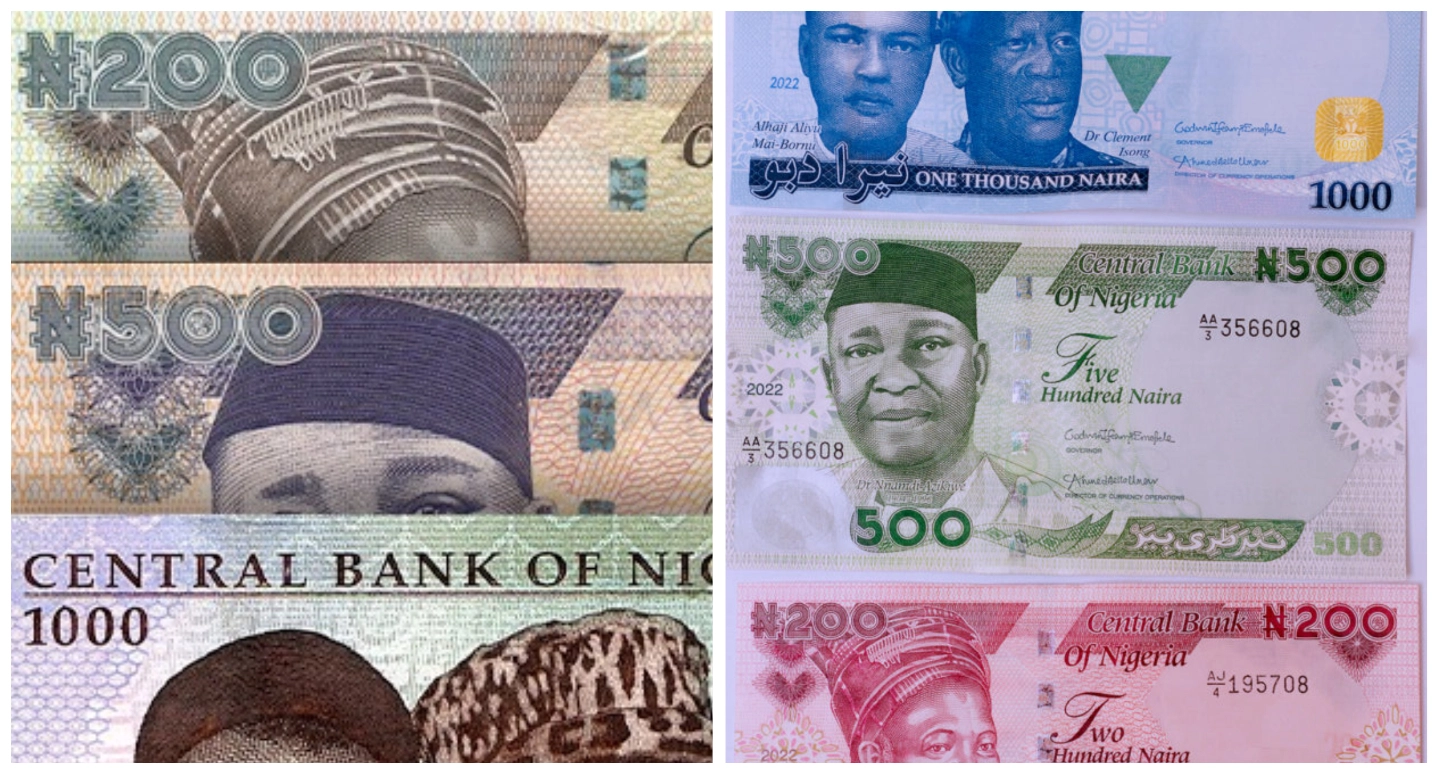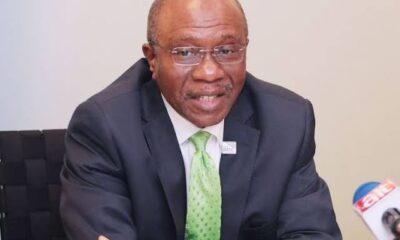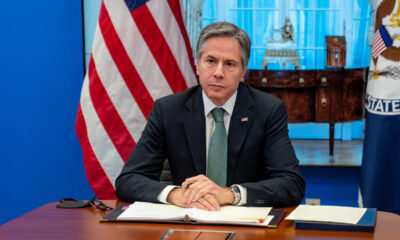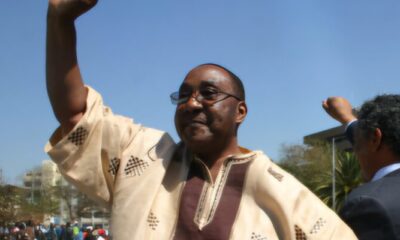As concerns grow over the supposed deadline to use Nigeria’s old Naira notes, the country’s central bank has assured that the old 200, 500, and 1,000 notes will remain legal tender.
It is not clear, however, how this assurance will play out given the December 31 extension granted by a court earlier in the year.
In a statement by the Director of Corporate Communications of the CBN, Isah Abdulmumin, on Wednesday in Abuja, the bank directed all its branches across the country to continue to issue different denominations of the old and redesigned banknotes in adequate quantities to deposit money banks, and stressed that every banknote that it had issued remained legal tender and should not be rejected by anyone.
The statement was titled, ‘All Banknotes Issued by the CBN Remain Legal Tender.’ Isah said the directive followed reports of scarcity of cash across some major cities in the country despite assurances by the CBN of sufficient cash stocks in all locations across the country.
The statement read, “Our attention has again been drawn to reports of a scarcity of cash across some major cities in the country, despite assurances of sufficient cash stocks in all locations across the country. There have also been reports of anxiety among some members of the public over the legality or otherwise of old Naira banknotes.
“For the avoidance of doubt, while reiterating that there are sufficient banknotes across the country for all normal economic activity, we wish to state unambiguously that every banknote issued by the Central Bank of Nigeria remains legal tender and should not be rejected by anyone, as stipulated in Section 20(5) of the CBN Act, 2007.
“Accordingly, branches of the CBN across the country have been directed to continue to issue different denominations of old and redesigned banknotes in adequate quantities to deposit money in banks for onward circulation to bank customers.
“Consequently, public members are advised to accept all CBN-issued banknotes currently in circulation and guard against panic withdrawals. We reaffirm that there is sufficient stock of currency notes to facilitate normal economic activities.”
In November 2022, the CBN introduced new designs of the N200, N500, and N1,000 notes in an attempt to bring currency from outside the banking system into the banking system, thereby making monetary policy more effective in combating inflation.
But the situation boomeranged with the shortage of cash, the alleged hoarding of the old notes, and the unavailability of the new ones.
It was believed that the redesigning of the country’s currency and the limited supply of the new notes were a deliberate plot by the then outgoing president Buhari to check “vote buying” and frustrate politicians planning to unfairly tilt the process to their favour.


 Metro2 days ago
Metro2 days ago
 Politics1 day ago
Politics1 day ago
 Tech1 day ago
Tech1 day ago



























